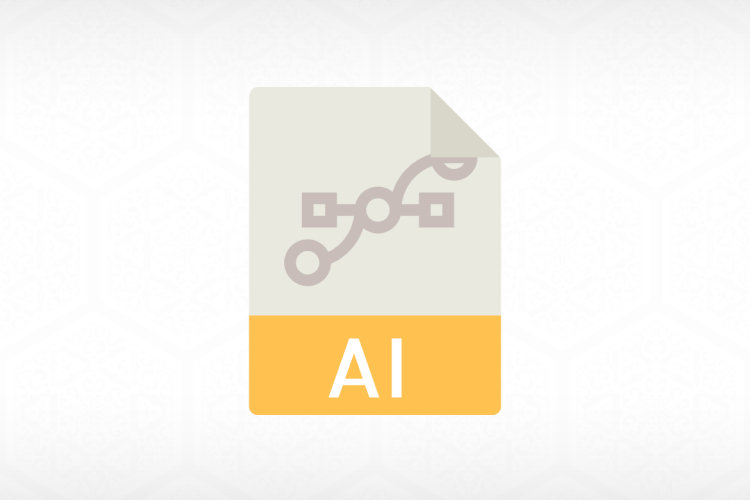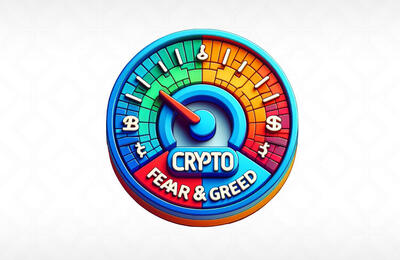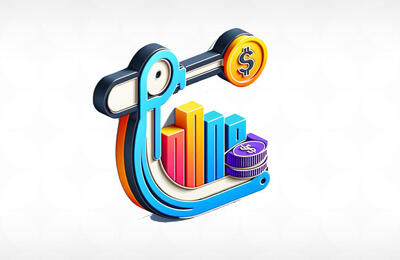
Quantum computing represents a monumental leap forward in the world of computation. Unlike classical computers that rely on bits as the smallest unit of information, quantum computers use qubits, which can exist in multiple states simultaneously due to the principles of superposition and entanglement.
This fundamental shift in computing technology has the potential to revolutionize various industries, and one area where its impact is increasingly evident is in trading strategies. Check the website of Ethereum Code and get more information.
AI's Ascendance in Trading
Artificial intelligence (AI) has been making waves in financial markets for some time now. Machine learning algorithms have been applied to analyze vast datasets, identify patterns, and make predictions with a level of accuracy that was previously unattainable. AI has been particularly effective in high-frequency trading, algorithmic trading, and risk management.
AI's Role in Trading
In the realm of trading, AI serves as a powerful tool to analyze historical data, detect market trends, and execute trades with split-second precision. AI-driven trading systems can process enormous volumes of data in real time, helping traders make informed decisions and capitalize on market opportunities that may last mere milliseconds.
AI also plays a pivotal role in risk management. It can evaluate the potential risks associated with various trading strategies and recommend adjustments to mitigate those risks. Additionally, AI-driven trading systems can adapt to changing market conditions, making them incredibly versatile and resilient.
Quantum Computing's Edge
Quantum computing promises to amplify the capabilities of AI in trading even further. Here's how quantum computing and AI converge in trading strategies:
- Speed and Efficiency
Quantum computers are renowned for their ability to perform complex calculations at speeds that leave classical computers in the dust. This speed advantage is a game-changer in trading, where every millisecond counts. AI algorithms running on quantum computers can process market data and execute trades with unparalleled efficiency, enabling traders to react to market fluctuations instantaneously.
- Complex Model Training
Training AI models often requires extensive computational resources and time, especially when dealing with deep learning algorithms. Quantum computing can significantly accelerate this process. Quantum-enhanced AI can rapidly train complex models on vast datasets, enabling traders to develop more accurate predictive models and adapt to rapidly changing market dynamics.
- Advanced-Data Analysis
Quantum computers excel at handling vast datasets and performing complex data analysis tasks. This capability is invaluable in trading, where making sense of large volumes of market data is crucial. Quantum-enhanced AI can uncover subtle patterns and correlations within data that were previously hidden, providing traders with deeper insights and more effective strategies.
- Portfolio Optimization
Portfolio optimization is a critical aspect of trading, and it involves selecting the right combination of assets to maximize returns while minimizing risk. Quantum computing can handle the complex mathematical calculations required for portfolio optimization with ease. AI algorithms, working in conjunction with quantum computing, can fine-tune portfolios in real time, optimizing returns and managing risk efficiently.
- Risk Assessment and Mitigation
Quantum computing's computational power can enhance AI's ability to assess and mitigate risks. It can rapidly evaluate the potential risks associated with various trading strategies and simulate different market scenarios to gauge their impact. This enables traders to make informed decisions that minimize exposure to unexpected market fluctuations.
Few Important Considerations
While the convergence of quantum computing and AI holds immense promise for trading, it's important to acknowledge the considerations that come with it:
- Hardware Limitations:
Quantum computers are still in their infancy, and building practical quantum machines capable of handling complex AI tasks remains a significant challenge. It will take time for quantum hardware to catch up with the potential envisioned for it.
- Algorithm Development:
Developing quantum algorithms that can effectively harness the power of quantum computing for AI applications is a complex task. Researchers are actively working on creating algorithms that can deliver tangible benefits in trading.
- Security Concerns:
As quantum computing advances, it poses a potential threat to existing encryption methods. Traders and financial institutions must stay vigilant in developing quantum-resistant encryption techniques to protect sensitive financial data.
- Cost Considerations:
Quantum computers are currently expensive to build and maintain. Traders need to assess the cost-benefit ratio of implementing quantum-enhanced AI solutions in their operations.
The convergence of quantum computing and AI in trading strategies represents a remarkable leap forward in the financial industry. While challenges and limitations exist, the potential benefits, including enhanced speed, efficiency, data analysis, and risk management, are too significant to ignore.
As quantum computing technology continues to evolve, it will undoubtedly play a pivotal role in shaping the future of trading strategies, ultimately leading to more informed and profitable decisions in financial markets. Stay tuned, as the intersection of quantum computing and AI is set to redefine the landscape of trading as we know it.













